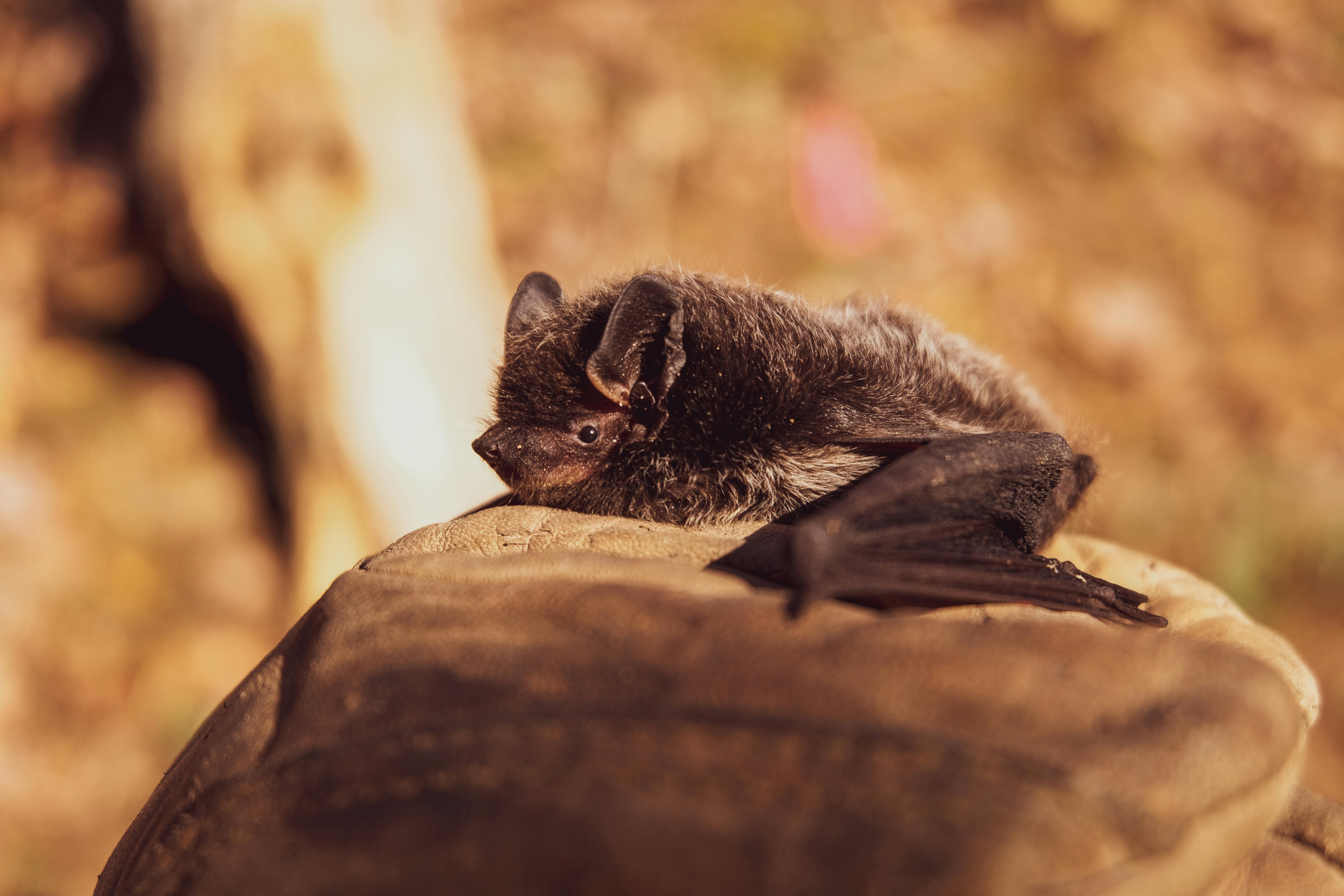Decoding the Mysterious Lives of Bats: Their Role, Risks and Conservation
Bats are some of the most misunderstood creatures in the animal kingdom. Despite their reputation, these nocturnal animals play crucial roles in our ecosystems. This article delves into the world of bats, their importance, the threats they face, and what we can do for their conservation.

Unveiling the Bat’s World
Bats are the only mammals capable of sustained flight. They belong to the order Chiroptera, classified into two suborders: Megachiroptera (large fruit bats) and Microchiroptera (small insect-eating bats). Their diversity is astonishing, with over 1,400 species spread across the globe except for extreme desert and polar environments.
Bats: The Ecosystem’s Unsung Heroes
Bats are integral to the health and functioning of ecosystems. Insectivorous bats, like the little brown bat, consume tons of insects nightly, providing natural pest control. Fruit bats, like the straw-colored fruit bat, are key pollinators and seed dispersers, contributing to the regeneration of forests.
Threats Looming Over Bats
Bats face multiple threats, largely from human activities. Habitat loss, wind turbines, disease, and persecution are major concerns. The recent focus on bats due to their link with zoonotic diseases, like COVID-19, has exacerbated their plight. However, it’s crucial to note that bats don’t inherently pose a risk to human health; the risk arises when humans encroach on their habitats and disrupt their natural behaviors.
Recent Developments in Bat Conservation
Despite the threats, there’s growing global recognition of the importance of bat conservation. In 2020, the United Nations designated the years 2021-2030 as the Decade on Ecosystem Restoration, providing impetus for conservation initiatives. Various organizations, like Bat Conservation International, are actively working to protect bat populations and their habitats.
The Cost of Ignoring Bats
The estimated economic value of bats to agriculture is in the billions due to their pest control and pollination services. Ignoring their conservation could have dire economic and ecological consequences. As we continue to grapple with the impacts of biodiversity loss, bats should be at the forefront of our conservation efforts.
In conclusion, bats are vital to our ecosystems and economies. Understanding their lives, roles, and the threats they face can help us appreciate these fascinating creatures and make informed decisions about their conservation. Bats deserve our respect and protection, not fear and misunderstanding. After all, a world without bats would be a much poorer place, both ecologically and economically.




